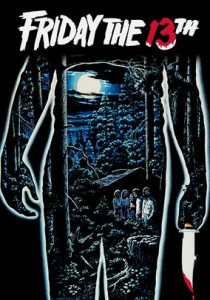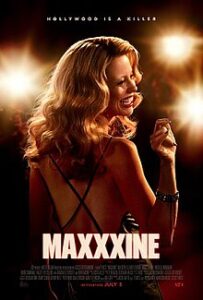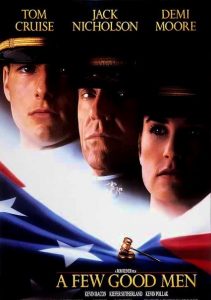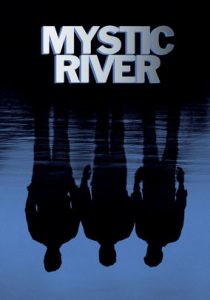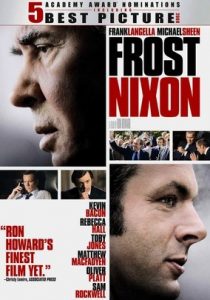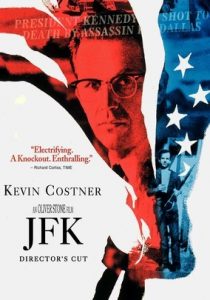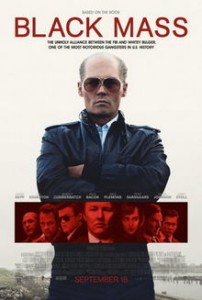Friday the 13th-1980
Director Sean S. Cunningham
Starring Betsy Palmer, Adrienne King
Top 250 Films #36
Top 40 Horror Films #8
Scott’s Review #115
Reviewed July 17, 2014
Grade: A
Friday the 13th (1980) is one of my favorite films (horror and otherwise) of all time, as I have such fond and scary memories of watching it at too young an age!
My highlight was watching this film alongside the star, Betsy Palmer, herself, in a movie theater in later years.
I can watch this film countless times and never tire of it. Is it high art? Hardly. Is it brilliant filmmaking? Not a chance. However, for whatever reason, this film holds a special place in my heart, and I love it.
The premise involves seven young adults, all squeaky clean and All-American looking, who flock to Camp Crystal Lake for a summer involving counseling, partying, and frolicking around the lake.
They engage in strip poker, smoke pot, and play jokes on each other, but share a good spirit.
Through flashbacks, we learn that two brutal camp counselor killings occurred years ago and the camp has been unsuccessful at reopening since that time due to strange events like bad water.
The residents of the town are convinced that there is a curse involving the lake and warn the teenagers to stay far away, specifically, one loony townsperson named Ralph, who frequently shows up proclaiming messages from god and other rants of doom.
Inevitably, the teens begin to be systematically hacked to bits one by one in creative fashion such as a slit throat, ax to the head, a dagger through the neck, and other good, old-fashioned horror kills.
The film has many standard horror elements- a dark, ominous storm, a mysterious hidden killer lurking in the shadows, giving first-time viewers a suspenseful whodunit.
Could the killer be crazy Ralph, one of the counselors? Or Steve Christie, the man opening the camp?
As each victim is killed one begins to narrow down the remaining suspects to the crimes and at least one red herring comes into play, which leads us to try to figure out the conclusion, which, critically speaking, is an enormous surprise.
The looming killer, whose feet and arms/hands are the only parts shown throughout is successfully ominous. As the killer angrily watches the counselors swim and goof around, one of them gets a sixth sense of being watched and is sure she sees someone in the trees, but quickly shrugs it off.
Another ominous scene involves one counselor setting up an archery game for the kids as another counselor jokingly shoots an arrow nearby.
They both laugh, but the foreshadowing of what is to come is fantastic.
Betsy Palmer and Adrienne King add so much to this film, which would not be nearly as good if not for them.
The conclusion involving a knockdown drag-out, mud fight is my favorite sequence, in addition to the final thirty-minute chase scene around the camp and its vicinity.
The final character hides in closets, storerooms, and bushes, and a cat-and-mouse game climaxes. Great stuff.
The big twist at the end almost rivals, and is very similar to, the shocking ending to the 1976 horror classic Carrie.
The sound effects are spectacular- the distant loons and the creepy sound effects add a ton to making Friday the 13th a classic fright-fest.
The line “kill her mommy, she can’t hide” is undoubtedly permanently etched in horror fan’s minds.
Friday the 13th (1980) has successfully held the test of time and is now a highly regarded classic within the horror genre.
A highly entertaining, mainstream, cut above the rest, and a fun must-see for all horror fans.
